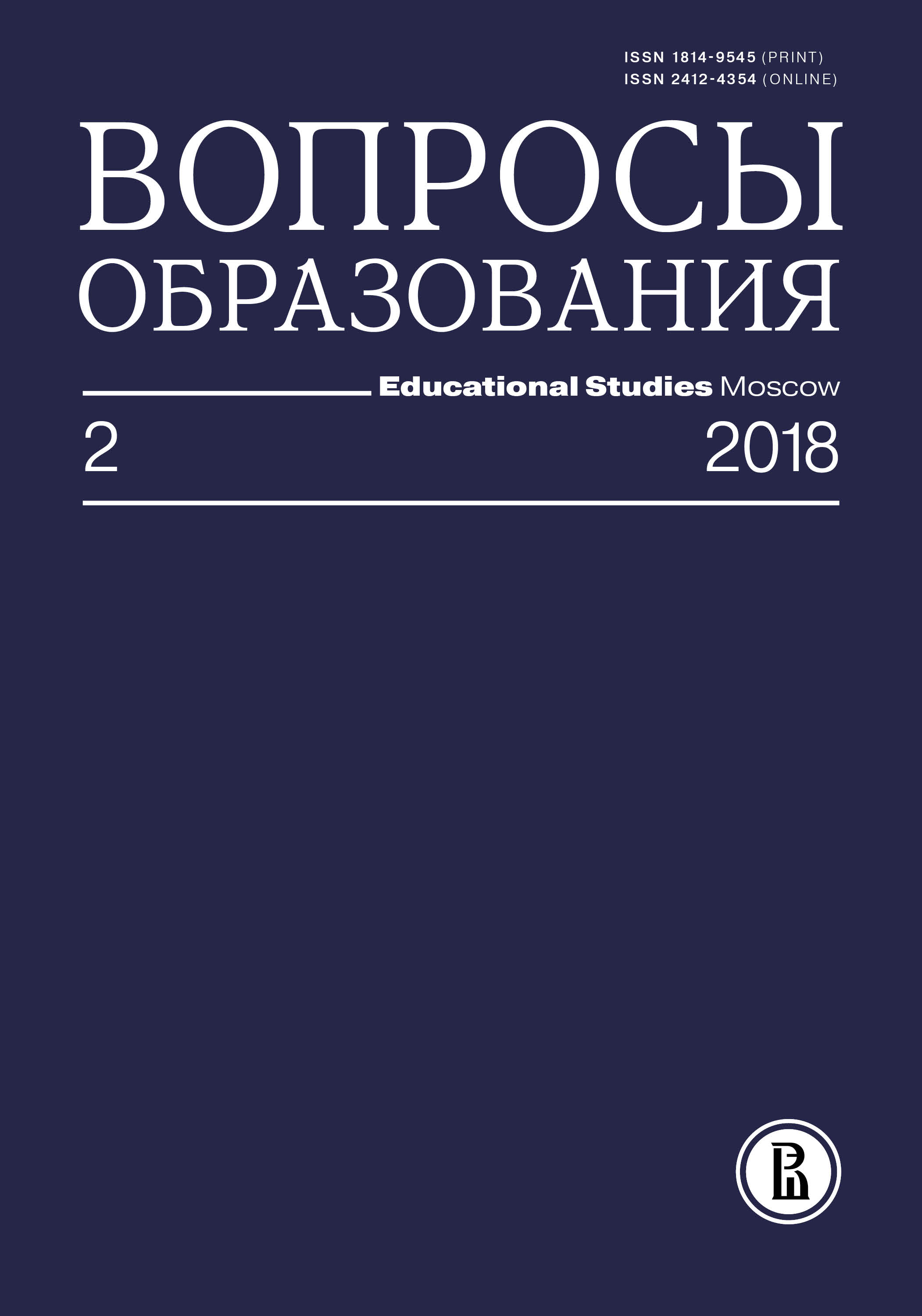Художественная литература в обучении английскому языку в России
Аннотация
Использование аутентичных текстов, в том числе художественной литературы, в обучении английскому языку как иностранному приобретает все более широкое распространение, особенно в Европе и в Азии. В частности, оно объясняется ростом популярности коммуникативной методики обучения и постепенным отказом от центрированной на учителе системы преподавания иностранного языка. В связи с применением на уроках английского аутентичных текстов встает вопрос о критериях отбора таких текстов и о наиболее эффективных приемах работы с ними на уроке. В российском образовании, в том числе и в преподавании иностранных языков, в последнее время произошли значимые изменения, при этом использование литературных текстов в иноязычном образовании имеет здесь давнюю традицию, однако конкретной эмпирической информации, которая позволила бы проанализировать подходы российских преподавателей английского языка к использованию литературных текстов в обучении, явно недостаточно. 152 российских преподавателя английского языка приняли участие в опросе, посвященном критериям отбора художественных текстов для использования на уроках английского и приемам работы с этими текстами. Установлено, что предпочитаемые учителями литературные тексты и приемы, используемые для работы с ними на уроке, весьма схожи с теми, которые пользовались популярностью во времена Советского Союза. В то же время современные преподаватели в большей степени учитывают при отборе текстов интересы своих учащихся и фокусируют внимание при обучении английскому языку на совершенствовании навыков общения.








